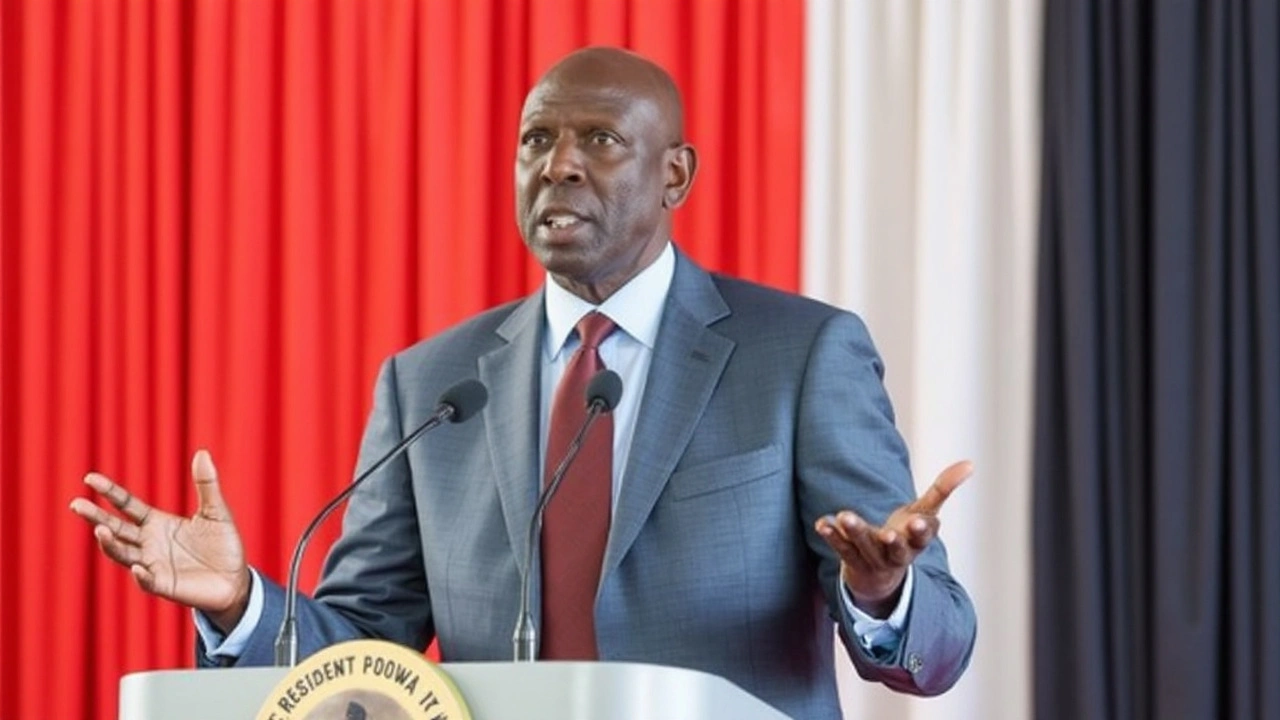Police violence: clear steps to stay safe, document abuse, and report it
Police violence can happen anywhere and moves fast. If you or someone you see faces harm from officers, you need simple, practical steps you can follow right away. This guide focuses on what to do in the moment, how to collect evidence safely, and where to report abuse—especially useful across African countries where local watchdogs and NGOs help victims.
If you witness or experience police violence
First, protect your immediate safety. Move to a safer spot if you can without running or escalating the situation. Keep a calm voice, don’t argue or resist physically—this lowers immediate risk. If you’re stopped, you can ask for the officer’s name and badge number and tell them calmly you don’t consent to searches if that applies where you live.
If someone is injured, call emergency services right away. If it’s safe, take pictures or video from a distance that doesn’t put you in harm’s way. Make mental notes: time, place, vehicle plate numbers, officer descriptions, and what led up to the incident. These details matter when you later report the event or seek legal help.
How to document and report safely
Recording: Use your phone but keep a safe distance. Capture audio if possible. Film continuously—don’t edit the footage. Immediately upload copies to cloud storage or send to a trusted contact so the file isn’t deleted. Note witnesses and ask for their contact info if they agree.
Medical proof: If anyone is hurt, get medical attention and keep records and photos of injuries. A clinic or hospital report strengthens complaints and legal cases.
Reporting: File complaints with local police oversight bodies—examples include the Independent Police Investigative Directorate (IPID) in South Africa and the Independent Policing Oversight Authority (IPOA) in Kenya. Contact human rights groups like Amnesty International or local legal aid organizations; they often guide you through filing complaints and can link you to lawyers. If you fear local retaliation, consider sharing evidence with international NGOs or reputable journalists.
Legal help and support: Seek a lawyer or legal aid clinic as soon as possible. If you can’t afford one, many NGOs offer free or low-cost legal support. Keep copies of all documents—medical reports, complaint receipts, photos, and witness contacts.
Media and advocacy: Public attention can push investigations, but be cautious. Share visuals with trusted groups, and avoid posting identifying details of victims who don’t consent. Advocacy groups can help craft safe public releases.
Final practical tip: build a safety plan. Save emergency numbers locally, keep a list of local oversight agencies and NGOs on your phone, and back up important files off your device. If you follow these steps, you increase the chance incidents are recorded, reported, and acted on.
Want more local resources? Check our tag feed for police violence stories and guides from across Africa—real cases often show which steps worked and which organizations helped most.
